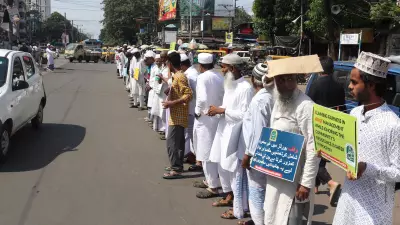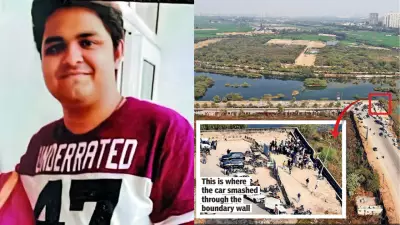
In a landmark decision that has sparked widespread discussion about victim protection protocols, the Telangana High Court has dismissed a plea seeking protective custody for survivors of human trafficking. The ruling highlights the complex legal landscape surrounding victim rights and state intervention in such sensitive cases.
Court's Rationale Behind the Dismissal
The bench, after careful consideration of the facts presented, determined that the request for placing the survivors in protective custody lacked sufficient legal grounding. The court emphasized that such measures require clear evidence of immediate threat or danger to the individuals involved, which the petitioners failed to adequately demonstrate.
Implications for Trafficking Survivors
This ruling brings to the forefront several critical questions about the protection mechanisms available for trafficking survivors in India:
- The balance between individual autonomy and state protection
- The legal thresholds for ordering protective custody
- Alternative support systems available for survivors
- The role of rehabilitation programs in victim recovery
Broader Legal Context
The case emerges against the backdrop of India's ongoing efforts to combat human trafficking through legal reforms and enhanced enforcement mechanisms. Recent years have seen significant legislative developments aimed at strengthening anti-trafficking laws and improving victim support systems.
Legal experts note that while the court's decision might appear restrictive, it underscores the importance of following due process and maintaining legal safeguards even in emotionally charged cases involving vulnerable populations.
Future Pathways for Victim Protection
Advocacy groups and legal aid organizations are now examining alternative approaches to ensure adequate protection for trafficking survivors. These include:
- Strengthening witness protection programs
- Enhancing access to legal aid and counseling services
- Developing community-based protection networks
- Improving coordination between law enforcement and social services
The judgment serves as a crucial reminder of the need for balanced approaches that protect victims' rights while respecting legal procedures and individual autonomy.





